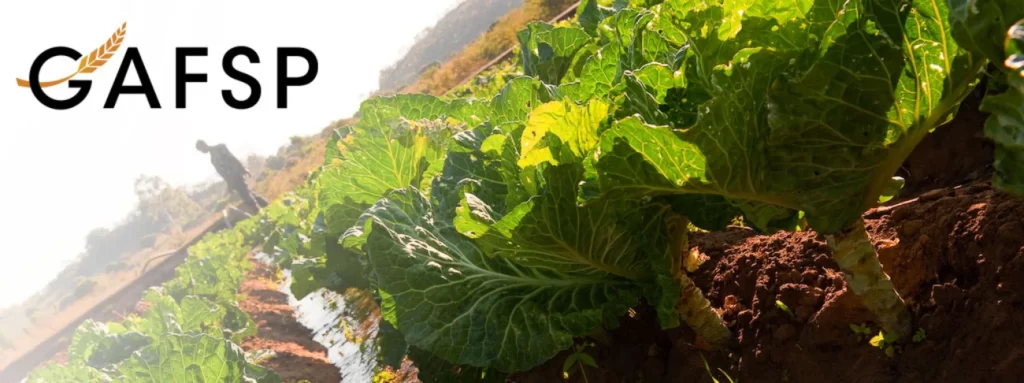Read in
Overview
The Global Agriculture Food and Security Program (GAFSP) was established as a response to the 2008/09 global food price crisis, following the G8 commitment in September 2009 in Pittsburgh to mobilize up to $20 billion for agricultural development and food security. The GAFSP is implemented as a Financial Intermediary Fund to address the underfunding of country and regional agriculture and food security strategic investment plans already being developed by countries. The program is contributing to the achievement of the Sustainable Development Goals to end poverty and hunger by 2030.
The World Bank is the Supervising Entity (SE) for about half of the GAFSP project portfolio ($ 615.2 million), the African Development Bank manages about a quarter ($320.8 million) as at December 2019, and the International Fund for Agricultural Development (IFAD) 11 percent ($124 million).
The African Development Bank is currently supervising 10 projects across its regional member countries namely Gambia, Mali, Benin, Senegal, Kenya, Malawi, Zambia, Niger, Liberia and Tanzania with a total portfolio value of $320.8 million. Following the 5th call for proposals, additional projects have been added to the portfolio – Central African Republic, Cote d’Ivoire, Gambia and Liberia – with value of $51.6 million, bringing the total portfolio value to $372.4 million. Operations in Niger and Malawi have successfully been completed and it is expected that operations in Liberia, Gambia and Senegal will successfully close in June 2020.
Focus Areas
The focus on GAFSP is to improve agricultural productivity, increase incomes, and ensure food and nutrition security by focusing on cross-cutting themes namely:
- Access to Finance
- Climate Change
- Fragility
- Gender
- Inclusive Business
- Jobs and Income
- Nutrition




